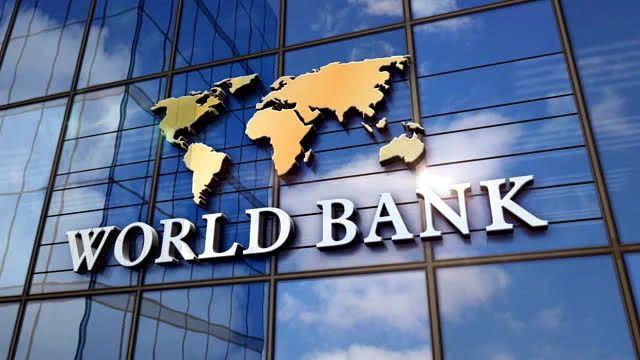The World Bank has claimed that the Central Bank of Nigeria’s ongoing monetary tightening efforts may help reduce inflation drastically.
The financial institution made this known in a statement posted on its official website on Monday. This is following the formal launch of the latest edition of the Nigeria Development Update report in Abuja.
In the statement, the World Bank forecasted that the inflation rate in Nigeria will average 22.1% in 2025 as a result of the CBN’s tight monetary policy. The CBN aims to restore price stability and anchor inflation expectations with this policy.
Meanwhile, it explained that there are factors that contributed to Nigeria’s high inflation over the years. They included exchange rate, the removal of fuel subsidy, rising logistics and energy costs, and recurring food supply disruptions.
However, the Bank remarked that the abiding monetary tightening efforts by the CBN have started showing optimistic signs. It noted that inflation is expected to moderate in the coming months as economic conditions stabilize.
Additionally, the report stated that Nigeria’s macroeconomic outlook is improving, as the economy grew 4.6% year-on-year in Q4 2024. Also, annual growth hit 3.4%—the strongest since 2014, excluding the COVID rebound.
The fiscal deficit dropped to 3.0% of GDP in 2024, down from 5.4% a year earlier, as government revenue surged to ₦31.9 trillion. That figure, equal to 11.5% of GDP, more than doubled the 2023 total of ₦16.8 trillion.
Nonetheless, the acting World Bank Country Director for Nigeria, Taimur Samad, emphasized that the improved fiscal situation has created new opportunities for the country. He explained that Nigeria can now reform public spending and invest more in social infrastructure.
Samad also noted that public spending must shift from unsustainable patterns to addressing critical development gaps. Further, the World Bank emphasized that achieving inclusive growth will require boosting productivity in job-rich sectors.









